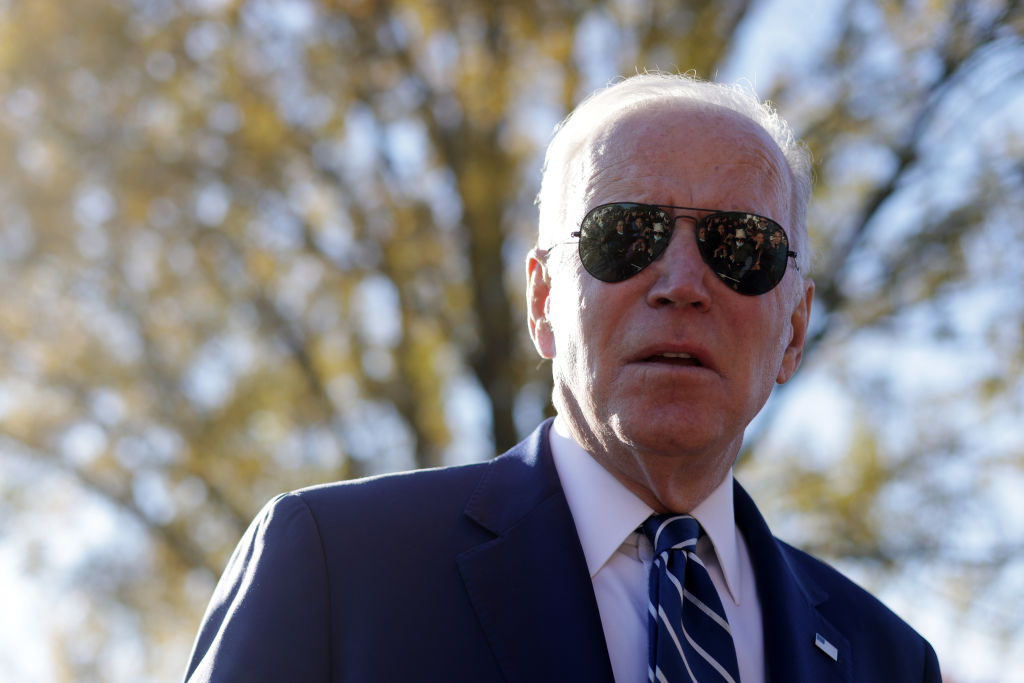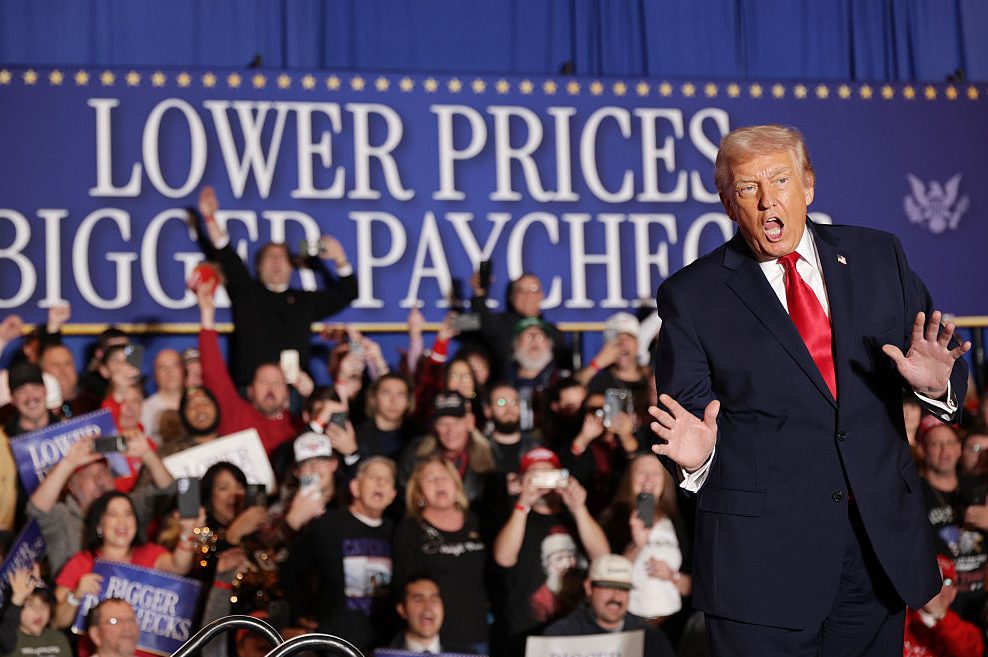The fate of the Build Back Better plan is now in the hands of the Senate. The House approved the gargantuan $1.85 trillion bill on Friday despite efforts from Republicans to delay the vote. House Minority Leader Kevin McCarthy played the role of Rand Paul or Ted Cruz, railing against the legislation in an over eight-hour-long speech. The Associated Press suggests that McCarthy viewed his talk-a-thon as an opportunity to show his conservative bona fides should Republicans take control of the House in 2022 and he decide to push for the speakership.
“This is a tipping point,” McCarthy said on Friday morning as he wrapped up the speech. “This is a point of not coming back. The American people have spoken, but unfortunately, the Democrats have not listened.”
Which Americans? Twitter appears split down the middle on Build Back Better. Democrats and progressive liberals hail it as a massive achievement, while Republicans and nationalist conservatives call it gross negligence. Libertarians and other advocates for smaller government fear the bill is another example of the government leviathan engorging the deficit.
The Congressional Budget Office paints a dire, albeit confusing, picture of the country’s budgetary future in its analysis of Build Back Better. Their Estimated Revenue Effects analysis suggests the deficit would drop by $127 billion through 2031. Yet the CBO’s Cost Estimate implies the opposite with a deficit jump of $367 billion. Put the two together and the deficit ultimately is set to grow by $240 billion under Build Back Better. Not the kind of thing budget hawks want to hear.
President Joe Biden wants voters to ignore all this “The Build Back Better Act is fiscally responsible,” Biden said after the House’s vote on Friday. “It reduces the deficit over the long-term. It’s fully paid for by making sure that the wealthiest Americans and biggest corporations begin to pay their fair share in federal taxes. It keeps my commitment that no one earning less than $400,000 a year will pay a penny more in federal taxes.”
Biden’s statement ignores a key part of Build Back Better’s horror story: all the spending is front-loaded. The CBO notes that the deficit will rise to almost $791 billion through 2026. The taxes are backloaded and don’t go into effect until 2027. In fact, they may never go into effect if and when a different Congress passes another tax bill or decides to not extend any Build Back Better tax credits. Expect Congress to fight over the child tax credit before it expires.
Build Back Better’s future is still in flux. West Virginia Senator Joe Manchin and Arizona Senator Kyrsten Sinema seem hesitant. Manchin worries about the nicotine tax, which will hit the poor harder than other income groups. He’s also against the paid leave part of the bill. Manchin favors a vote on Build Back Better before the end of the year but it’s anyone’s guess which way he’ll go.
Sinema appears to favor more negotiations, telling The Washington Post she prefers the White House framework, not the House bill:
[T]hat’s not the agreement the president put out in his framework several weeks ago. While I’m not going to comment on what’s happening in the House at this moment, I can just refer you back to the comments I made when the president put out his framework…I’m looking forward to working with him to get this done.
The future, unfortunately, contains more spending, regardless of what Congress decides to do on Build Back Better. The House’s and Senate’s focus remains on the next election instead on getting the budget in order. It’s certainly easier to secure votes when Americans only know part of the story.

























